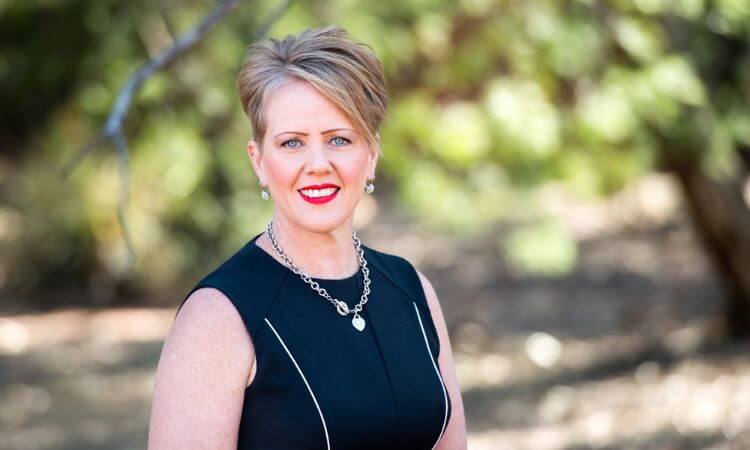Cyber-flashing topic for research seminar

In the digital age, new crimes emerge and old crimes appear in new ways, leaving law enforcement and legislation scrambling to keep up.
‘Flashing’, also known in Australia as ‘indecent acts’ or ‘obscene exposure’, refers to when someone exposes their genitals in a public place. In Queensland, the offence can result in a jail sentence.
However, as an upcoming University of Southern Queensland (UniSQ) seminar presenting research by Dr Suzanne Reich and Dr Lauren Humby will explore, the online version (‘cyber-flashing’) is much less clear cut.
Dr Reich said evidence suggested cyber-flashing occurred at significantly high rates with victims describing the experience as another form of sexual violence.
“Arguably, cyber-flashing is a sexually violent behaviour. However, until this behaviour is criminalised it remains legally permissible, leaving victims with little recourse for formal responses,” she said.
“There are no criminal laws in any Australian state or territory jurisdiction that extend to indecent exposure in the online environment.
“Adding further to the issue is that indecent exposure is not categorised as a sex offence but rather a summary offence alongside public nuisance type offences.”
Dr Reich’s talk, to be held Wednesday October 25, will provide an overview of the research to date, limitations in Australian laws to address cyber-flashing, and the proposed next steps to gauge the prevalence and victimisation experiences of cyber-flashing in Australia.
“To date, international research has examined what motivates people to engage in cyber-flashing behaviour and how those on the receiving end respond to the experience,” Dr Reich said.
“However, there are so many unanswered questions – how prevalent is this issue in Australia? What responses do/don’t victims currently use? What alternative or formal responses would victims use if made available?”
Learn more about the UniSQ School of Law and Justice.


